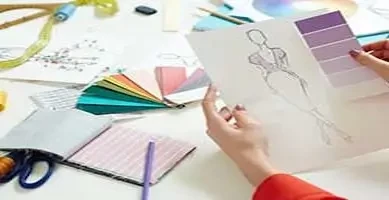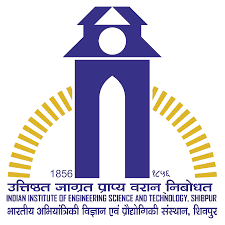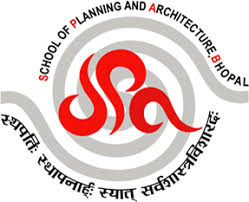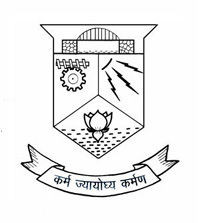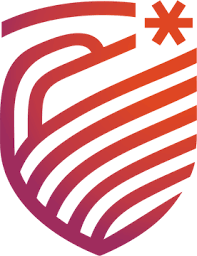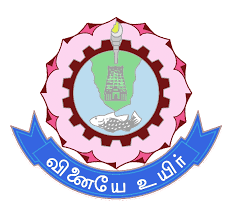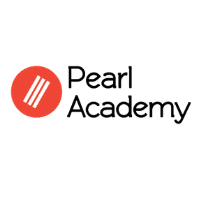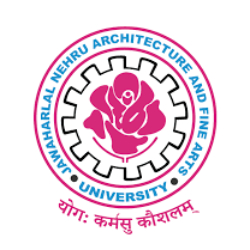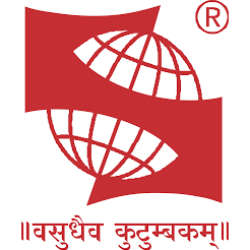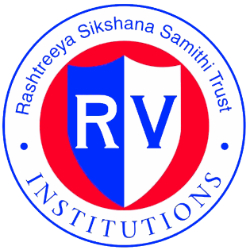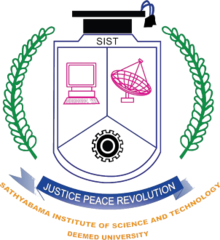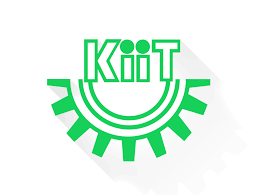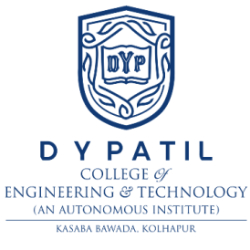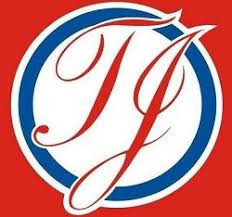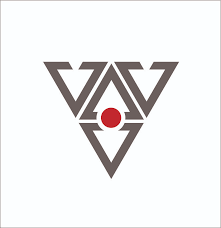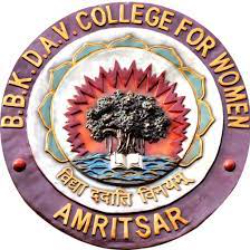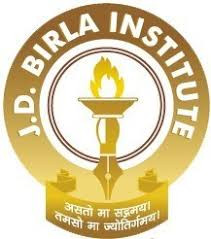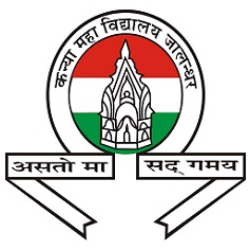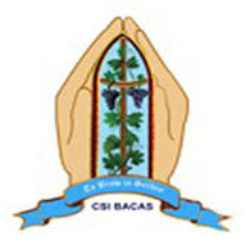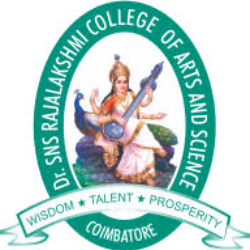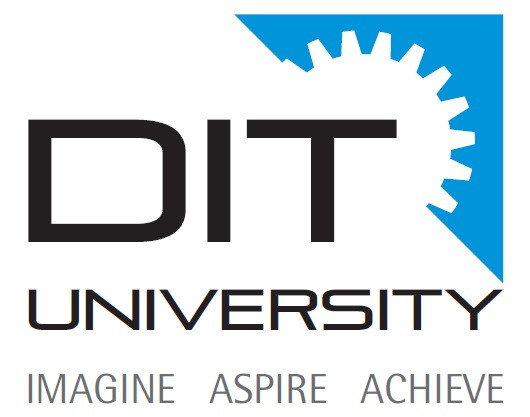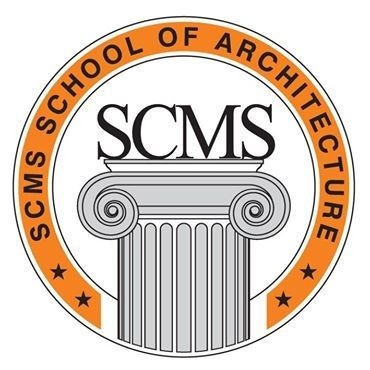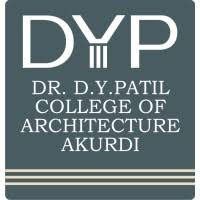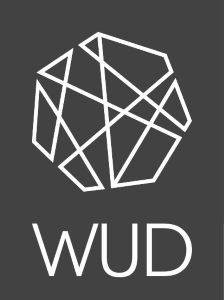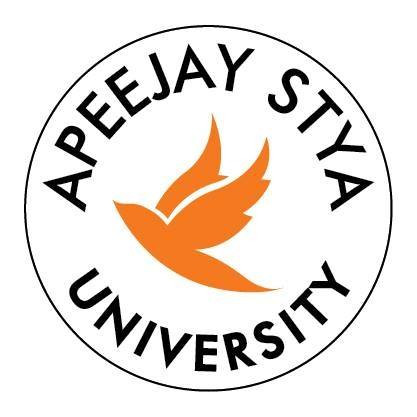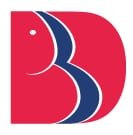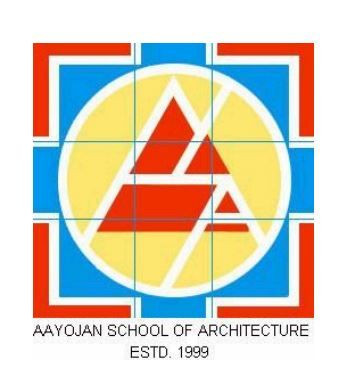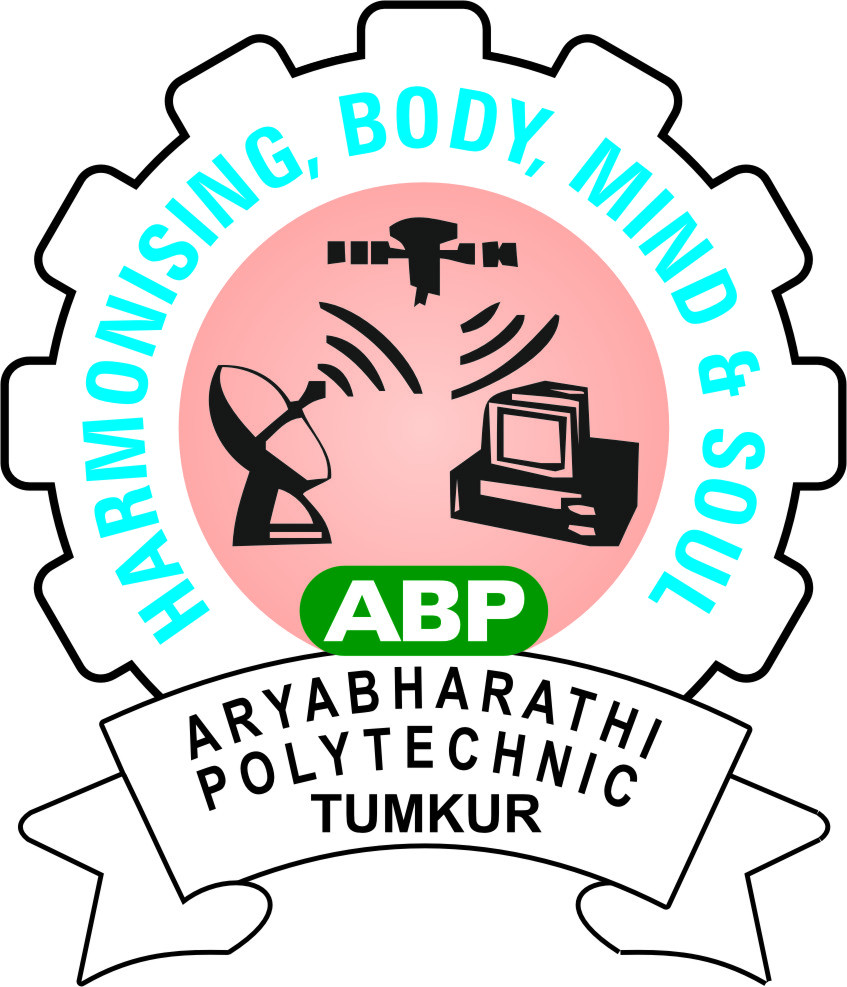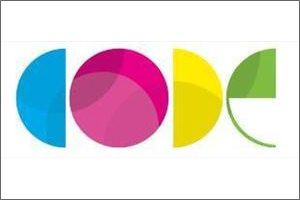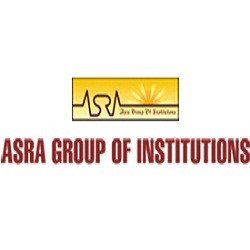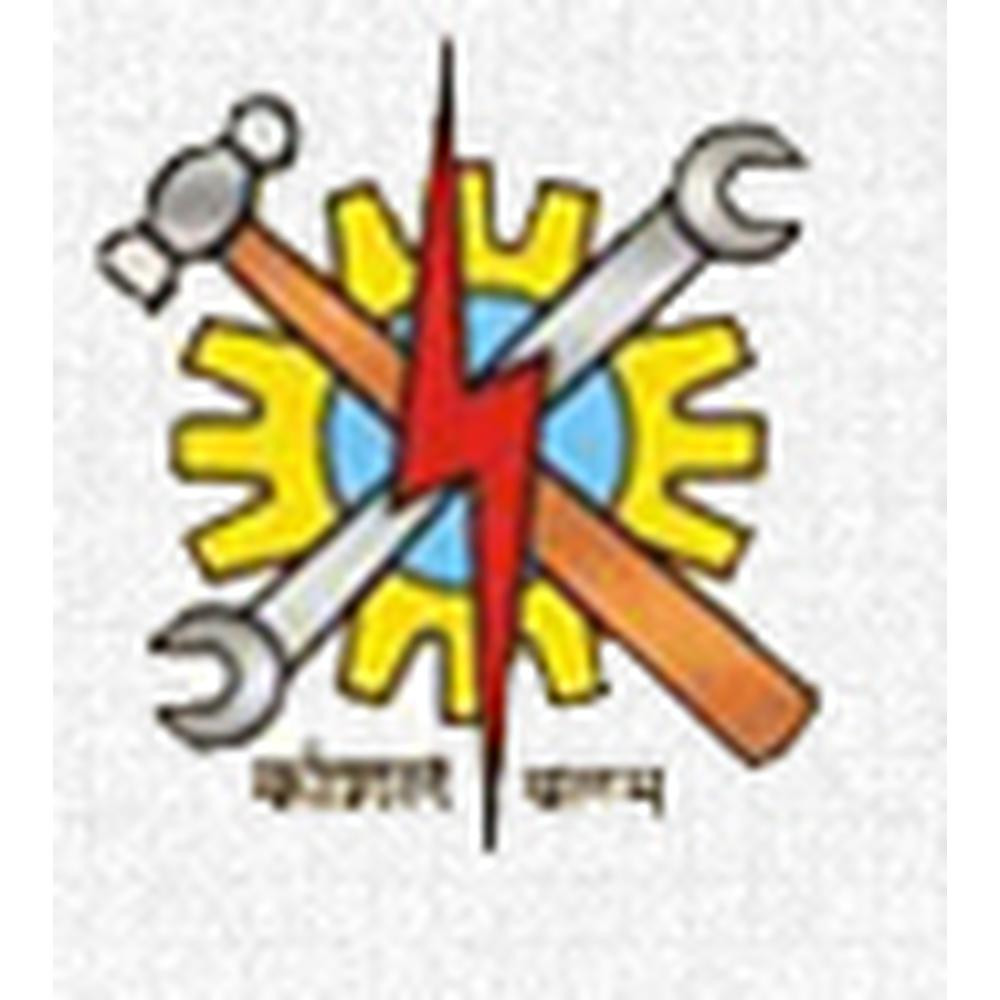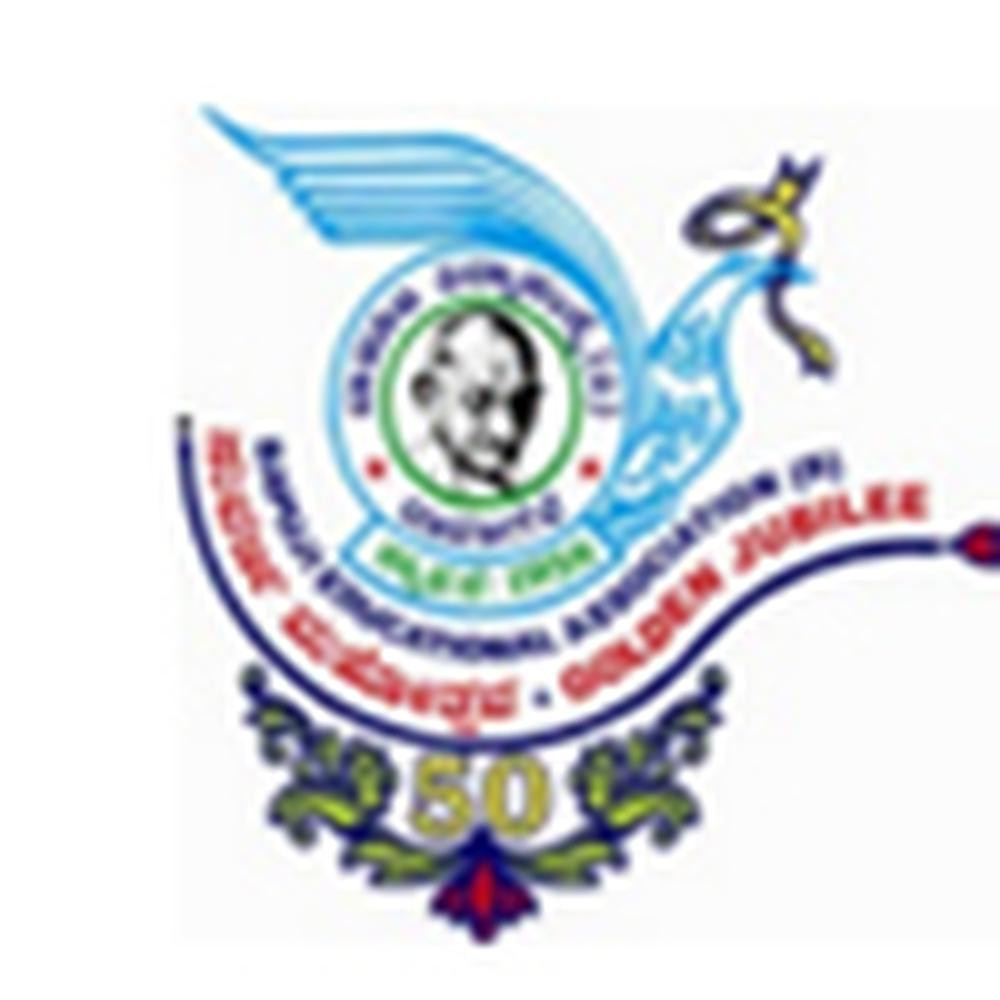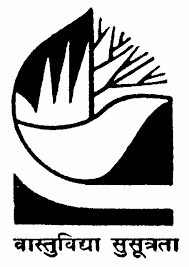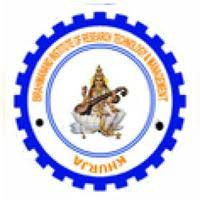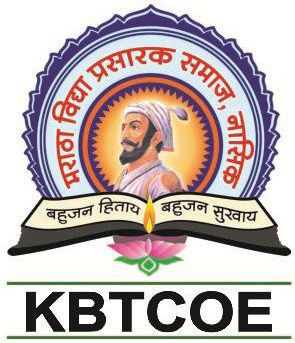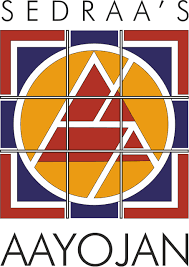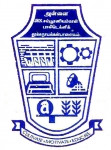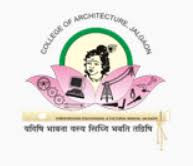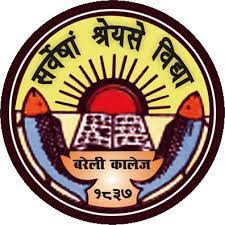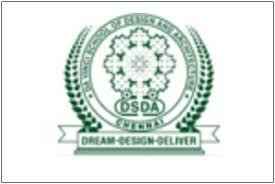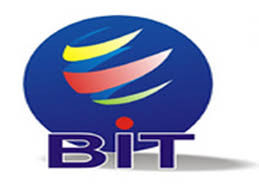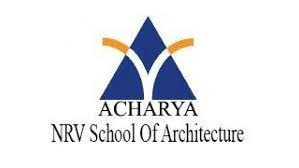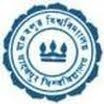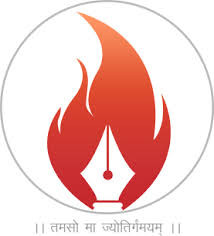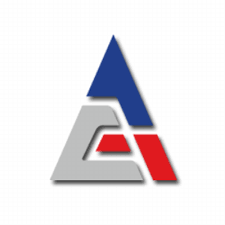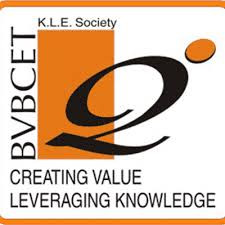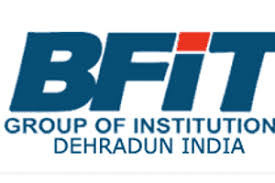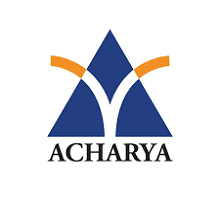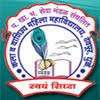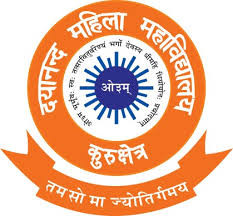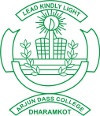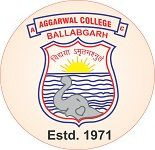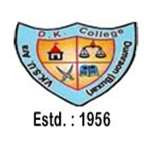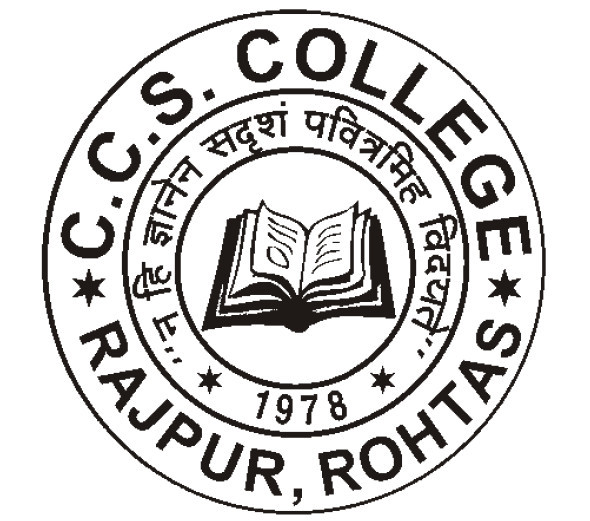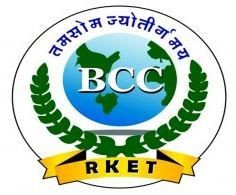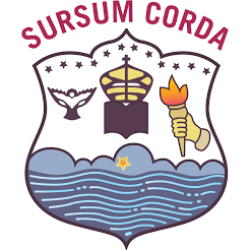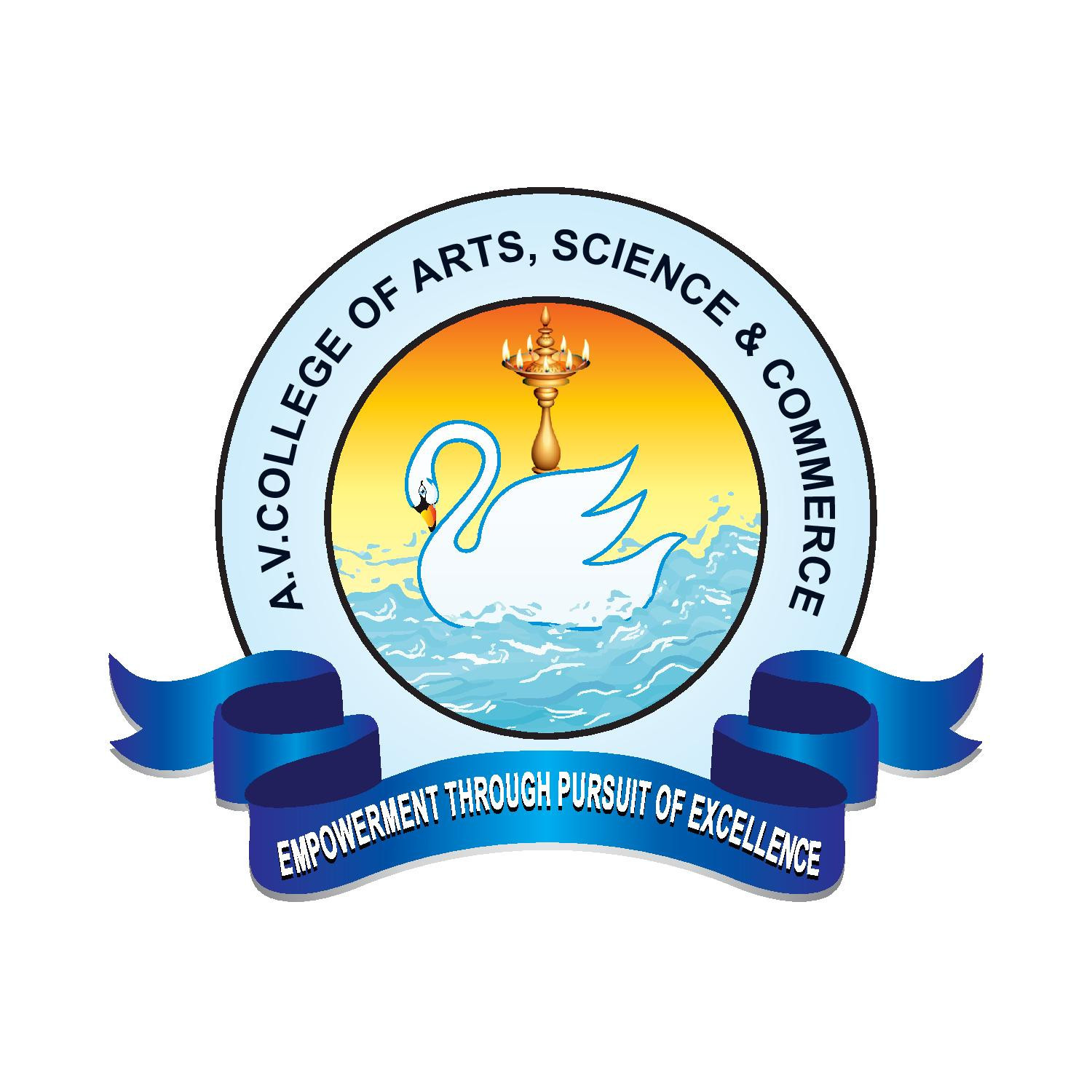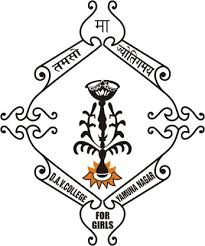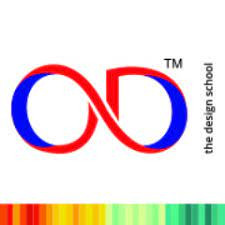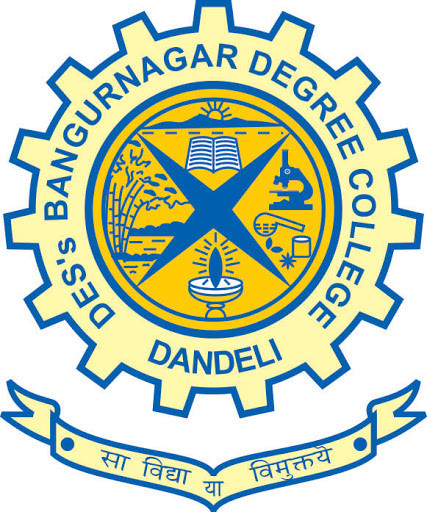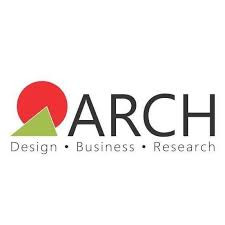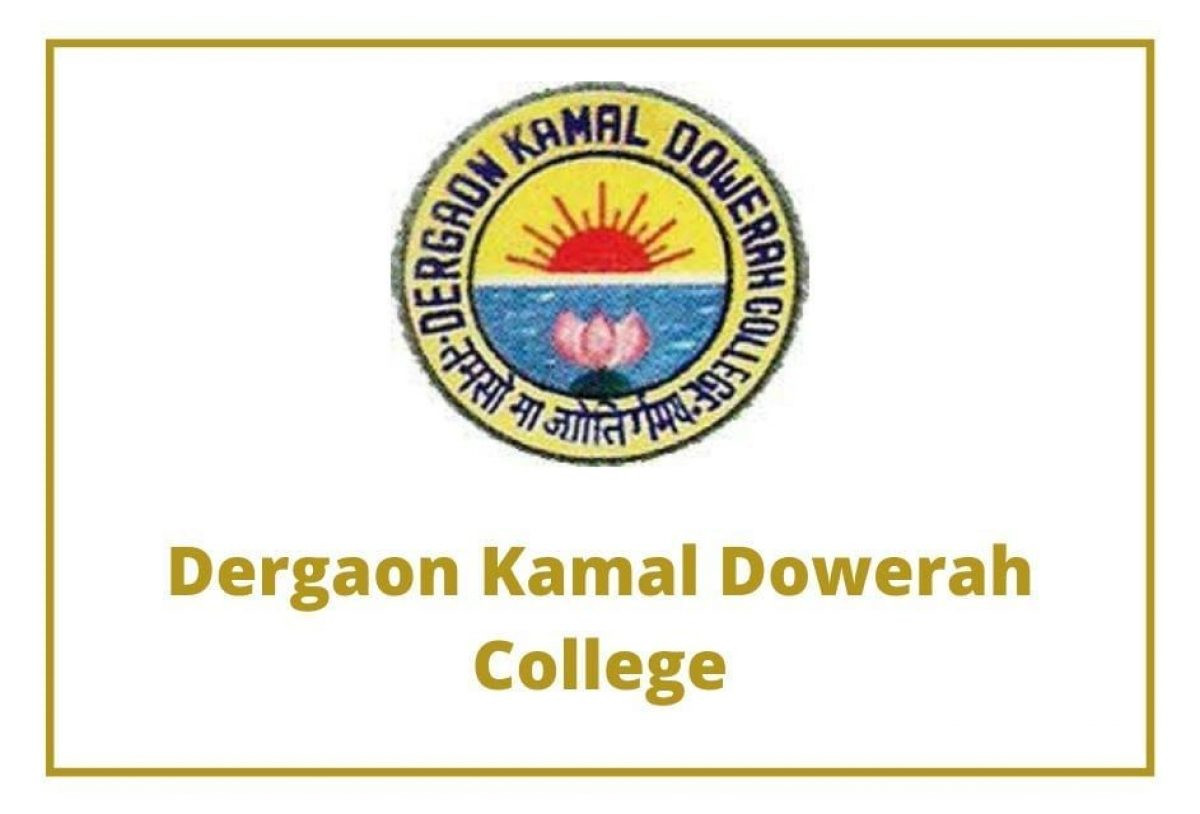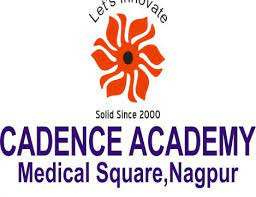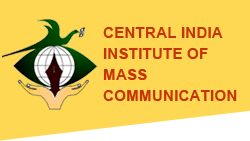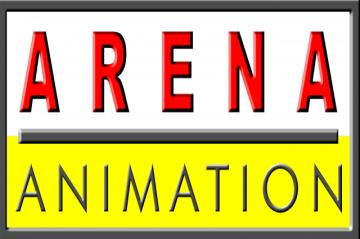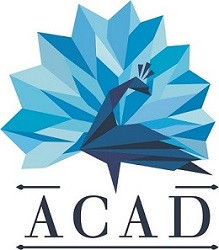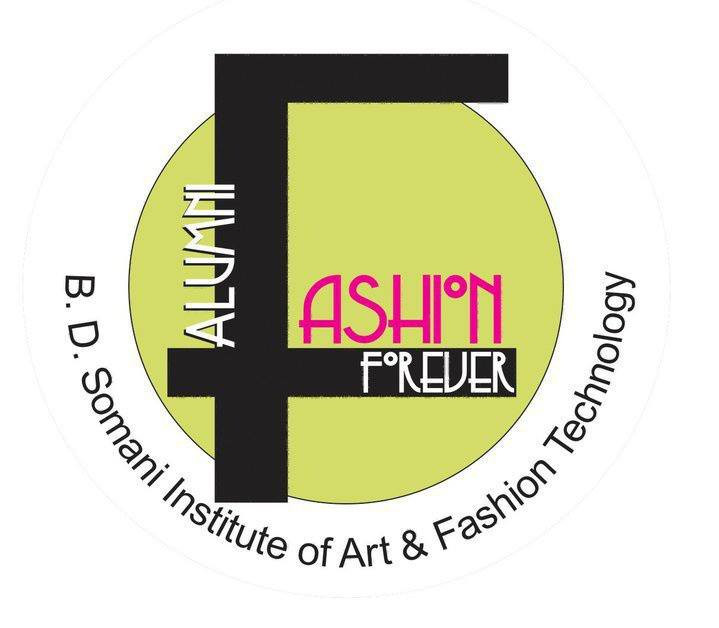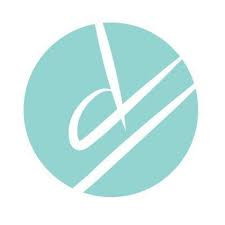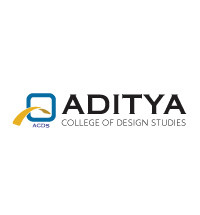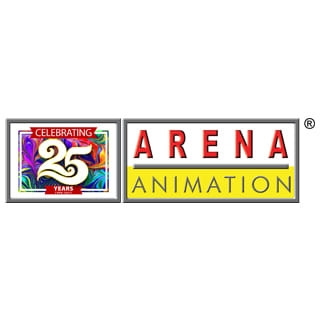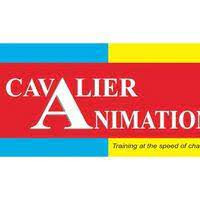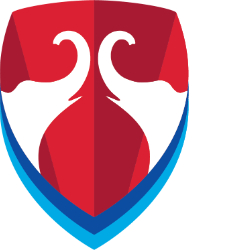What is Design?
Design is the process of developing novel products, structures, transportation, living places, and interactive systems. From clothing to vehicles, everything is the result of the design process.
Design is a creative way to solve physical challenges and simplify people's lives. It is defined as a comprehensive process of planning, developing, and implementing an innovative method to provide a solution that will make our daily lives easier. The design industry includes both innovation and technological advancement.
Diploma in Designing Highlights: -
| Course Name | Diploma in Fashion Design |
| Diploma in Design Level | Diploma |
| Diploma in Design Duration | 1, 2, or 3 years depending on the institute |
| Diploma in Design Eligibility | Minimum 50% in 10+2. |
| Diploma in Design Education mode | Full-time, Distance. |
| Diploma in Design Admission Process | Merit as well as Entrance Exams |
| Diploma in Design Entrance Exams | NIFT, CEED, SMEAT, UCEED, CEE, NID DAT, SEED, UID DAT, AIEED, SMEAT, UPES DAT. |
| Diploma in Design Fees | Rs 10,000 - Rs 6.00 Lakhs |
B.Des Course Highlights: -
| Course Name | Bachelor of Design |
| B.Des Course Level | Undergraduate |
| B.Des Course Duration | 4 years |
| B.Des Course Eligibility | Minimum 50% in 10+2. |
| B.Des Course Education mode | Full-time, Distance. |
| B.Des Course Admission Process | Merit as well as Entrance Exams |
| B.Des Course Entrance Exams | NIFT, CEED, SMEAT, UCEED, CEE, NID DAT, SEED, UID DAT, AIEED, SMEAT, UPES DAT. |
| B.Des Course Fees | Rs 40,000 - Rs 10.00 Lakhs |
M.Des Course Highlights: -
| Course Name | Master of Design |
| M.Des Course Level | Postgraduate |
| M.Des Course Duration | 2 years |
| M.Des Course Eligibility | B.Des, B.Sc, B.F. Tech |
| M.Des Course Education mode | Full-time, Distance. |
| M.Des Course Admission Process | Merit as well as Entrance Exams |
| M.Des Course Entrance Exams | CEED, NID DAT, NIFTEE, MITID DAT, PAEE, SET. |
| M.Des Course Fees | Rs 60,000 - Rs 8.00 Lakhs |
Types of Designing Course:
- Architectural Design: It includes the designing of buildings and structures.
- Interior Design: It involves the designing of living spaces including houses, offices, etc.
- Industrial Design: It involves the designing of products including automobiles and various other machines. It is a part of the engineering and manufacturing industries.
- Graphic Design: Graphic design involves the designing of logos, brochures, posters, and various other digital creatives.
- Fashion Design: It is one of the most popular design forms that involves clothes and apparel design.
- Textile Design: Textile design is a great combination of fashion and graphic design. It involves the designing of printed and woven fabrics. Carpets, rugs, drapes, and towels are all the outcomes of textile design.
- Interactive Design: Interactive design involves building communication between a computer and a human. UI and UX, both are forms of interactive design.
Diploma in Designing Eligibility Criteria:
- Candidates have to clear the class 12th in any stream or its equivalent from a recognised board.
- Candidates have to secure an aggregate score of 45%- 55% in the qualifying exam.
- Candidates might have to appear in the entrance examinations depending on the institute.
B.Des Course Eligibility Criteria:
- Candidates have to clear the class 12th in any stream or its equivalent from a recognised board.
- Candidates have to secure an aggregate score of 45%- 55% in the qualifying exam.
- Candidates might have to appear in the entrance examinations depending on the institute.
M.Des Course Eligibility Criteria:
- Candidates have to complete graduation in designing course from a recognised Institute.
- Candidates have to secure an aggregate score of 45%- 55% in the qualifying exam.
- Candidates might have to appear in the entrance examinations depending on the institute.
Educational Requirements – Important Exams One Should Appear for Pursuing a Career in Design
Design aspirants can pursue a bachelor's degree after completing their 10+2 from any stream. Passing 12th with an aggregate of 50% marks from a recognised board is essential for admission to various undergraduate design courses. Many colleges offer direct merit-based admissions, while some national institutes conduct entrance exams to select eligible candidates.
Here, we have mentioned some top entrance exams that you should take to pursue a career in the design industry:
CEED – Common Entrance Exam for Design
IIT Bombay conducts CEED nationally to select deserving candidates for admission to various M.Des. and PhD courses. IITs and various other design schools across the country accept CEED scores. The participating institutes are accessible to screen the shortlisted candidates further.
NIFT Entrance Exam – National Institute of Fashion Technology Entrance Exam
The National Institute of Fashion Technology conducts this entrance test at a national level to select the best deserving candidates for admission to various UG & PG level fashion designing courses. It is a written exam followed by a personal interview or a situation test conducted annually to admit design aspirants to 18 participating NIFTs.
NID Entrance Exam – National Institute of Design Entrance Exam
The National Institute of Design also conducts a national-level Design Aptitude Test (DAT) annually. The candidates must appear and qualify for two rounds of DAT (Prelims & Mains) to get admission to various participating institutes. It offers admission to various UG and PG-level design courses.
AIEED – All India Entrance Exam for Design
Arch College of Design and Business conducts AIEED for admission to various UG and PG-level design courses. It is a national-level online screening exam conducted annually to select deserving candidates for admission.
UCEED – Undergraduate Common Entrance Examination for Design
UCEED is another national-level entrance exam conducted by IIT Bombay to select design aspirants for various UG courses. The qualifying candidates are eligible to pursue a B.Des. in their desired specialisation in multiple IITs.
Career Opportunities After Doing Design Courses
Designing has evolved with the rise in technology development and digitisation. Designers are required in every field of work nowadays. With the proper skill set and creative mind, you can land high-paying job opportunities. Observing the current hype in the design industry, we can conclude that there will be a high market demand for design professionals in the future.
Why Choose Designing as a Career Option?
With the rise in digital marketing, exposure in the digital world is also increasing. The digital economy is experiencing a boom. Digital businesses have a strong connection with the design industry. As a result, many people are opting for design as a career option. Here, we have mentioned the top benefits of pursuing design as a career option:
- It involves a continuous learning procedure.
- It activates the creative lobe of the brain.
- It is a high-in-demand career opportunity.
- It develops essential problem-solving and decision-making skills.
What are the Courses at UG & PG Level Under Design?
Many colleges and universities offer design specialisations at various UG and PG levels, providing a solid foundation for your career. Whether you start with a simple diploma in design or aim for a postgraduate degree, each step will enhance your professional knowledge and skill set, opening up new opportunities for growth and advancement in the design industry.
Fashion design is one of the most popular design courses, but that is not the end of the design world. If you are interested in the technical field, automobile design, animation design, robotic design, and product design are worth exploring. We have mentioned some UG and PG courses that you can choose to pursue a career in the design industry.
Undergraduate Design Courses
A bachelor program in design is an established 3 to 4 year course designed to provide professional insights about the design industry. It allows you to enhance your skills and learn various professional designing tools and software. Moreover, it will enable you to attend multiple internship programs, giving you broad exposure to the industry.
Many colleges offer a bachelor's degree in various specialisations, including visual communication, VFX design, animation, automobile design, multimedia design, game design, etc. Here, we have mentioned some bachelor's degrees that you can choose to make a promising career in the design industry:
- Diploma in Interior Design
- Diploma in Apparel Design
- Diploma in Web Design
- Diploma in Textile Design
- Diploma in Jewellery Design
- Diploma in Game Design
- Diploma in Fashion Design
- B.Des in Fashion Design
- B.Des in Industrial/Product Design
- B.Des in Textile Design
- B.Des in Automobile Design
- B.Des in UI/UX Design
- B.Des in Web Design
- B.Des in Apparel Design
- B.Des in Jewellery Design
- B.Des in Interior Design
- B.Sc in Fashion Design
- B.Sc in Game Design
- B.Sc in Jewellery Design
- B.Sc in Textile Design
- B.Sc in Fashion Design
Undergraduate Design Courses Syllabus;
The syllabus will vary from college to college, but the course aims and subjects shall remain the same; the subject distribution over the syllabus may differ, but the study matter remains consistent. Nevertheless, candidates should check the official website to know the complete syllabus. Here is a general guide to syllabus design, as commonly followed by Indian colleges:
Semester 1 | Semester 2 |
Basics of Structure 1 | Basics of Structure 2 |
Relational Abilities | Humanities, Art, and Evaluation |
Prologue to Computers 1 | Prologue to Computers 2 |
Basics of Design 1 | Basics of Design 2 |
Hypothesis of Design | Research Planning Design Process |
Freehand Drawing and Geometric Construction | systematic Drawing |
Material Exposure | Fundamentals of Photography |
Semester 3 | Semester 4 |
practical drawings and Computer Applications | Advance Computer Application |
Introduction to Interior Construction 1 | Introduction to Interior Construction 2 |
Fundamentals of Interior Design 1 | Fundamentals of Interior Design 2 |
Introduction to History of Crafts and Interior Design 1 | Basics of Building Services 1 |
Fundamentals of Interior Materials 1 | Fundamentals of Interior Materials 2 |
Anthropometry and Ergonomics | Elective (Poetry and Literature/ Journalism) |
Semester 5 | Semester 6 |
Introduction to Materials and Processes 1 | Basics of Arts and Crafts |
Theory of Interior Construction 3 | Practical Uses of Interior Construction 4 |
Fundamentals of Interior Design 3 | Fundamentals of Interior Design 4 |
Basics of Building Services 2 | Basics of Building Services 3 |
Fundamentals of Interior Materials 3 | Analysis of Cost Estimation |
Elective (Dance and Music/ Theatre and Film Making) | Elective (Human Interaction/ Marketing) |
Semester 7 | Semester 8 |
Fundamentals of Product Semantics | Seminar/ Thesis Topic |
Analysis of Interior Landscape | Case Study |
Basics of Interior Design 5 | Project work |
Basics of Building Services 4 | NA |
Practice session | NA |
Introduction to Specifications and Controls | NA |
Postgraduate Design Courses
A master's degree is a valuable tool for gaining in depth knowledge in a particular specialisation. Just like a bachelor's degree provides you with the basic foundation of a particular subject, a master's degree equips you with detailed insights into it. It allows you to boost your portfolio and learn more complex principles of design. Moreover, postgraduate programs in design give you the exposure to meet and collaborate with the most influential people in the industry.
Completing a master's degree in a particular field enhances growth opportunities and allows you to establish yourself as a great designer. Moreover, it can improve your design skills. The following are some standard postgraduate programs that you can choose to enhance your career in design:
- M.Des in Fashion Design
- M.Des in UI/UX Design
- M.Des in Industrial / Product Design
- M.Des in Textile Design.
- M.Des in Interior Design
- M.Sc in Interior Design
- M.Sc in Apparel Design
- M.Sc in Textile Design
- M.Sc in Fashion Design
Postgraduate Design Courses Syllabus:
The syllabus will vary from college to college, but the course aims and subjects shall remain the same; the subject distribution over the syllabus may differ, but the study matter remains consistent. Nevertheless, candidates should check the official website to know the complete syllabus. Here is a general guide to syllabus design, as commonly followed by Indian colleges:
Semester 1 | Semester 2 |
Design Studio 1 | Design Studio 2 |
Design Communication | Furniture Design |
Interior Design History and Theory | Building Services |
Materials and Construction | Sustainable Design |
Design Research Methods | Professional Practice |
Semester 3 | Semester 4 |
Advanced Design Studio | Thesis Project |
Lighting Design | Internship/Practicum |
Advanced Materials and Technologies | Portfolio Development |
Design Elective | Viva Voce |
Seminar | - |
Top NIFT Cutoff in India 2024:
Institute | Opening Rank | Closing Rank |
3 | 170 | |
15 | 104 | |
180 | 551 | |
208 | 466 | |
521 | 1477 | |
214 | 460 | |
311 | 472 | |
594 | 1416 | |
1313 | 1518 | |
969 | 1632 | |
2435 | 2661 | |
2390 | 2520 |
Top NIFTs in India 2024:
College | Average Placement |
Rs 9.00 LPA | |
Rs 8.00 LPA | |
Rs 6.12 LPA | |
Rs 6.00 LPA | |
Rs 6.00 LPA | |
Rs 5.93 LPA | |
Rs 5.79 LPA | |
Rs 5.00 LPA | |
Rs 4.98 LPA | |
Rs 4.00 LPA |
Top Designing Colleges in India 2024:
Top Designing College | Average Fees |
Rs 2.00 - Rs 2.50 Lakhs | |
Rs 1.50 - Rs 2.00 Lakhs | |
Rs 1.00 - Rs 1.50 Lakhs | |
Rs 1.50 - Rs 2.00 Lakhs | |
Rs 50,000 - Rs 1.00 Lakh | |
Rs 3.00 - Rs 4.00 Lakhs | |
Rs 2.00 - Rs 3.00 Lakhs | |
Rs 1.00 - Rs 1.50 Lakhs | |
Rs 1.00 - Rs 1.50 Lakhs | |
Rs 1.00 - Rs 1.50 Lakhs |
Employment after Designing Course:-
Job Profiles | Average Salary (Lakhs Per Annum) |
Interior Designer | Rs 4.00 - Rs 9.00 LPA |
Teacher | Rs 2.00 - Rs 5.00 LPA |
Researcher | Rs 3.00 - Rs 7.00 LPA |
Theatre Designer | Rs 2.50 - Rs 6.50 LPA |
Consultant | Rs 3.00 - Rs 5.00 LPA |
Exhibition Designer | Rs 2.70 - Rs 8.00 LPA |
Design Journalist | Rs 3.00 - Rs 5.00 LPA |
Product Designer | Rs 2.70 - Rs 8.00 LPA |
Fashion Designer | Rs 3.95 - Rs 8.50 LPA |
Design Manager | Rs 10.00 - Rs 15.00 LPA |
Fashion Analyst | Rs 4.00 - Rs 9.00 LPA |
UI Designer | Rs 4.00 - Rs 9.00 LPA |
UX Designer | Rs 2.00 - Rs 5.00 LPA |
Interaction Designer | Rs 3.00 - Rs 7.00 LPA |
Textile Designer | Rs 4.00 - Rs 9.00 LPA |
Fabric Resource Manager | Rs 2.00 - Rs 5.00 LPA |
Fabric Analyser | Rs 3.00 - Rs 7.00 LPA |
FAQs
- Which course is best for designing?
The most popular design course at the UG level is Bachelor of Design (BDes) and the most popular PG level course in this stream is Master of Design (MDes). - Which course is best in B design?
The top design specialisations are given below.
- Fashion design
- Graphic design
- Product design
- User experience design
- Industrial design
- Graphic design
- Animation design
- Which exam is best for designing?
UCEED, NID DAT, NIFT, AIEED, and CEED are the top design entrance exams in India. - What is an M.Des in Interior Design?
The M.Des in Interior Design is a postgraduate degree focusing on advanced studies in interior Design, including spatial Design, furniture design, materials, lighting, sustainability, and professional practice. - Can I pursue an M.Des via remote learning or part-time studies?
Some colleges provide part-time or remote learning alternatives for M.Des, allowing working professionals to study more conveniently. These programs may include online lectures, seminars, and occasional campus visits. - Name some companies hiring M.Des Fashion Design graduates?
Below is listed, some of the companies offering employment opportunities to M.Des Fashion Design candidates:
- Myntra
- GAD Fashions
- Tanishq
- Nalli Silk International
- Malabar Gold & Diamonds
- Which is the top NIFT for studying M.Des Fashion Design?
Currently, NIFT New Delhi is currently the top ranked NIFT in India.
Conclusion
A career in design has become extremely popular these days. It guarantees success to creative minds with an artistic approach. However, you need to develop your skills to build a successful career. Various design courses are specially designed to enhance your skills and creativity to a professional level. Apart from getting you a handsome salary package, a career in design also provides the freedom of starting an entrepreneurship journey.
A career in design improves your financial as well as mental stability as it allows you to enjoy your work to a large extent. However, designing requires deep focus and concentration because a small mistake in any design can create blunders or issues. We hope that you have found this article useful and got all your doubts regarding a career in designing cleared.

